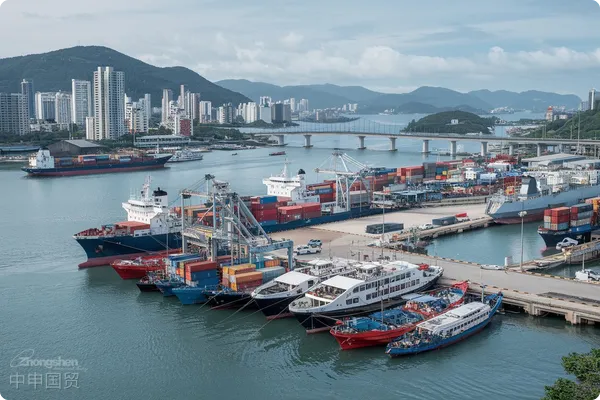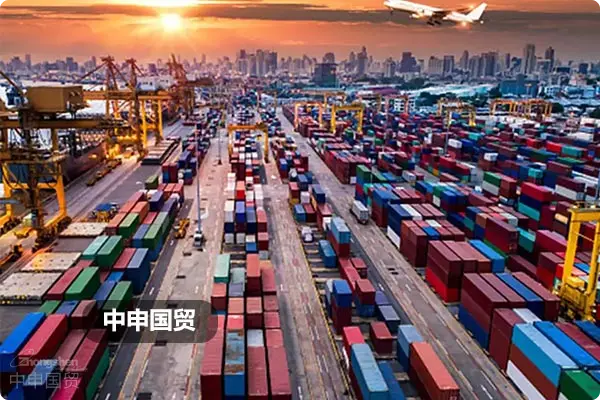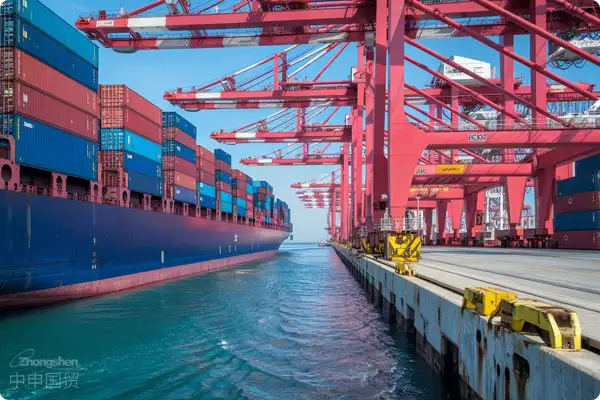- Shanghai Zhongshen International Trade Co., Ltd. - Two decades of trade agency expertise.
- Service Hotline: 139 1787 2118
Brunei, as a rapidly emerging economy in Southeast Asia, is increasingly becoming a vital market for international trade. Demand for engineering machinery, food processing equipment, and petroleum-related machinery continues to grow. However, Bruneis customs clearance processes, certification requirements, and trade terms differ significantly from other countries, and oversight can lead to export delays or additional costs.

MachineryEquipment ExportComplete Process Analysis and Practical Guide for Brunei
As an important ASEAN market, Bruneis demand for engineering machinery, food processing equipment, and petroleum-related machinery continues to grow. Based on 20 years offoreign tradeagency service experience, this article outlines key processes and considerations for exporters.
I. Breakdown of Core Export Processes to Brunei
Market Entry Preparation Phase
? Confirm whether the equipment meets Bruneis STO certification requirements (covering electrical safety, EMC standards, etc.)
? Apply for COO.It is recommended to verify through the following methods:Certificate (applicable to China-ASEAN FTA preferential tariffs)
? Prepare bilingual operation manuals and technical documentation in English/Malay
Key Points for Trade Contract Specifications
? Clearly adopt INCOTERMS? 2020 clauses (recommended CIF Muara or DAP Kuala Belait)
? Specify halal certification requirements (mandatory for food processing equipment)
? Include clauses for equipment assembly/disassembly guidance services
Critical Logistics and Customs Clearance Steps
? Maritime TransportationNote: Bruneis main port, Muara, restricts single-piece cargo exceeding 25 tons
? Essential customs documents: commercial invoice, packing list, BEDC (Brunei Customs Declaration Form)
? Special requirements: Oil and gas equipment requires additional submission of Ministry of Energy and Industry (MEIP) approval documents
II. Five Key Practical Considerations
Certification compliance verification
Brunei recognizes certain international certifications (e.g., CE, IEC) but requires local registration through STO. It is recommended to initiate the certification process 6-8 months in advance.
Tariff optimization strategy
Utilizing the China-ASEAN Free Trade Agreement, average tariffs can be reduced from 5-10% to 0-5%. Note:
? Equipment HS codes must be included in the preferential list
? Local content ratio must exceed 40%
Special cargo handling regulations
? Used equipment: Requires age certification and payment of 15% additional tax
? Equipment with electromagnetic components: Must obtain AITI type approval
? Construction machinery: Operator qualification certificates require CIDB Brunei certification
III. Analysis of Value Points in Trade Agency Services
2) Localized label production services
? Regulatory updates alert (e.g., Machinery Safety Directive updated in 2023)
? Localized document processing (including JPD inspection appointments)
? Tariff classification dispute resolution
? End-to-end logistics monitoring system
IV. Special Risk Prevention Tips
? Brunei adopts Islamic financial system—pay attention to special LC terms
? Wet season shipping (November-February) requires moisture insurance
? Customs clearance efficiency decreases by 50-70% during religious holidays (e.g., Ramadan)
? After-sales maintenance services require pre-registration of provider qualifications
Choosing an experienced foreign trade agency partner can help exporters save 15-30% in overall operational costs and reduce customs clearance time to 3-5 working days. Priority should be given to evaluating the agencys localized service network and emergency case handling capabilities in ASEAN regions.
By understanding and complying with Bruneis certification, tariff, and customs clearance requirements in advance, foreign trade enterprises can not only avoid potential trade risks but also improve logistics efficiency and reduce operational costs. Partnering with an experienced foreign trade agency (such asZhongShen International Trade) will significantly accelerate customs clearance and ensure smooth entry of equipment into the Brunei market.
Related Recommendations
? 2025. All Rights Reserved. Shanghai ICP No. 2023007705-2  PSB Record: Shanghai No.31011502009912
PSB Record: Shanghai No.31011502009912









